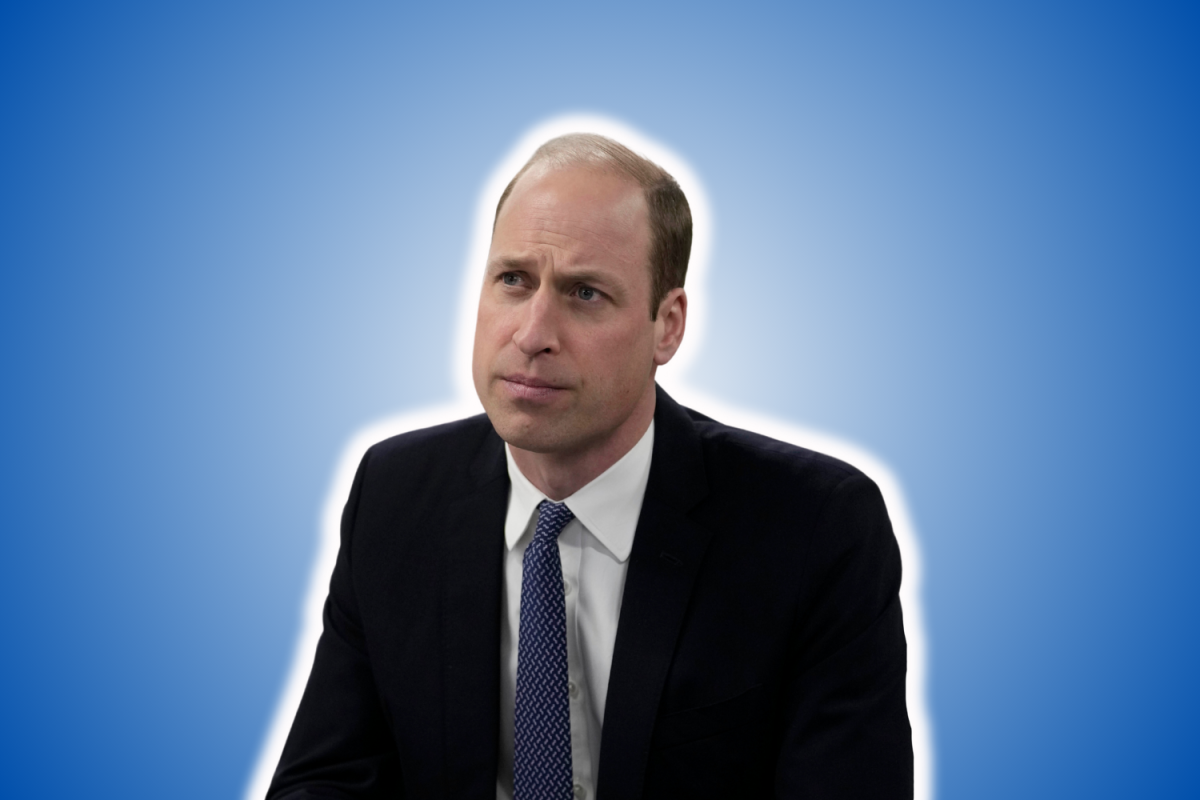Prince William has received a public boost over his comments on the human impact of war in the Middle East, despite earning him backlash from conservatives.
The prince's gamble has paid off, seeing him win the backing of 47 percent of Brits who believe his actions were "appropriate," a new poll has found.
On Tuesday, William released an impassioned statement highlighting the human suffering in the wake of the Hamas attack in Israel on October 7. He said he was "deeply concerned" about the "human cost" of fighting in the Middle East, expressing a desire to see it brought to an end as soon as possible and amplifying the critical need for humanitarian aid to reach Gaza.
The royal's statement was combined with a visit to the British Red Cross headquarters in London where he met with staff and volunteers working to provide humanitarian support in the area.
For William, this has been the most highly charged intervention into world politics of his royal career, outweighing—in terms of potential controversy—his stances on homelessness and climate change. His call for an end to the fighting as soon as possible and "permanent peace" comes at odds with Israeli government policy, which seeks to repatriate all hostages currently being held and the dismantlement of Hamas before the fighting will be stopped.

In the aftermath of his statement, there was discussion in the U.K. media that the prince may have strayed too far from the traditional royal line of avoiding taking political positions, with some suggesting his actions would not have been those taken by his late grandmother, Queen Elizabeth II.
Among the Conservative opponents to William's comments, member of parliament Andrew Percy, vice-chairman of the all-party parliamentary group on antisemitism, went on the record to say: "The underlying principle of our constitutional monarchy is that members of the royal family do not engage in contentious political issues of the day on which there are divergent and strongly-held beliefs in this country. Members of the royal family would do well to remember that."
A poll conducted by YouGov on February 21 surveying 7,965 British adults, however, has found that 47 percent backed the prince when asked: "Do you think it is or is not appropriate for Prince William to comment on the present situation in the Middle East?"
Twenty-four percent responded that it was "not appropriate" and 29 percent said they "don't know."
The finer detail within the data provided, though, shows that those who did not believe the prince's move was appropriate were mostly Conservative voters, who reputationally have been the party most in support of the monarchy.
Thirty-four percent of Conservative respondents did not support the move, contrasted with just 17 percent of Labour respondents and 18 percent of Liberal Democrats.
In terms of age, support for the prince was highest in the over 50's while the greatest level of apathy was registered in the under 25's.
Forty-five percent of respondents under the age of 25 said they didn't know whether William commenting on the situation in the Middle East was appropriate or inappropriate. This is indicative of the lower support for the monarchy in general among Britain's youngest generations.
While William's statement has generated widespread discussion, it has been reported that it came with the approval of Britain's Foreign Office and 10 Downing Street, being, as it is, in line with government policy.
Newsweek approached Kensington Palace via email for comment.
Prince William's Statement in Full
Kensington Palace—February 20, 2024
"I remain deeply concerned about the terrible human cost of the conflict in the Middle East since the Hamas terrorist attack on 7 October. Too many have been killed.
I, like so many others, want to see an end to the fighting as soon as possible. There is a desperate need for increased humanitarian support to Gaza. It's critical that aid gets in and the hostages are released.
Sometimes it is only when faced with the sheer scale of human suffering that the importance of permanent peace is brought home.
Even in the darkest hour, we must not succumb to the counsel of despair. I continue to cling to the hope that a brighter future can be found and I refuse to give up on that."
Correction 03/01/24, 10:06 a.m. ET: This article was updated to indicate that 45 percent of respondents under the age of 25 said they didn't know whether William commenting on the situation in the Middle East was appropriate or inappropriate, not 79 percent.
James Crawford-Smith is Newsweek's royal reporter, based in London. You can find him on X (formerly Twitter) at @jrcrawfordsmith and read his stories on Newsweek's The Royals Facebook page.
Do you have a question about King Charles III, William and Kate, Meghan and Harry, or their family that you would like our experienced royal correspondents to answer? Email royals@newsweek.com. We'd love to hear from you.
Uncommon Knowledge
Newsweek is committed to challenging conventional wisdom and finding connections in the search for common ground.
Newsweek is committed to challenging conventional wisdom and finding connections in the search for common ground.
About the writer
James Crawford-Smith is a Newsweek Royal Reporter, based in London, U.K. His focus is reporting on the British royal family ... Read more
To read how Newsweek uses AI as a newsroom tool, Click here.






